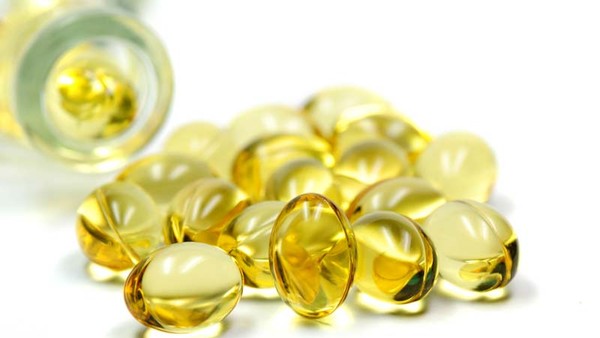Staying on a diet can be hard. Sometimes, it feels like diets never work, and you are left with food you do not like and weight that is still on you. Exercise is a great way to lose weight, but who has the time or the energy to exercise. Thus, many people turn to diet pills to help them shed the pounds. But do diet pills do more harm than good?
Most people turn to weight loss pills, because they want something that simple and gives them quick results. However, it is not that simple. Every diet pill needs to be accompanied by diet and exercise. Diet pills are not magic pills that will burn the fat off without effort from you. So if you are taking diet pills in the hopes that you do not have to eat health and exercise, you are hurting yourself and are making the diet pills be unhealthy for you.
For years, the health concerns surrounding diet pills have been clouded in myth. There is no real science involved with making some weight loss supplements. To become a weight loss supplement, all ingredients have to be natural. There are no man made chemicals as ingredients. Therefore, most people believe that trying a supplement is harmless. In fact, the FDA treat weight loss supplements as if they were food instead of drugs and pills. Here are the real facts about diet pills and their impact on your health.
Common Ingredients in Diet Pills
Chromium Picolinate
This mineral enhances the action in insulin. Hence, your metabolism is boosted. This mineral is also vital to your body, because it helps your body store fats, proteins, and carbohydrates. Many diet pills claim that chromium can help you lower appetite, cut body fat, build muscle mass, and help you burn more calories.
Some of the side effects include the following: irritability, headaches, insomnia, and in some cases kidney and liver damage.
Chitosan
This is a seafood sugar found in the shells of shrimp, lobsters and crabs. It is used in diet pills, because it blocks your body from absorbing fat and cholesterol. There are no known side effects to this ingredient, but there is no science to backup its weight loss claims. Researchers have study 1 to 5 grams of chitosan and have yet to prove that it works.
Hoodia
Hoodia has a reputation of being an appetite suppressant. The fact is that hoodia does contain an active ingredient called P57. When researches inject P57 into the brains of animals, they did eat less. It is unclear if this can be replicated in humans who are taking a diet form of the herb hoodia.
Green Tea
A green tea extract does promote weight loss. Green tea contains a lot of caffeine. This helps to curb your appetite, stimulate your metabolism and cause you to burn more fat. Like other caffeinated products, this one has side effects.
The most common side effects are the following:
- vomiting
- nausea
- gas
- diarrhea
- bloating
- dizziness
- insomnia
- agitation
Conjugated Linoleic Acid (CLA)
CLA is an acid that is found in fatty acid linoleic acid. This ingredient is suppose to curb body fat, boost musle, and help you feel full longer. There is mixed research on whether or no this works, but it is recommended that you only take .7-4.5 grams of CLA a day.
Some researchers fear that the long term use of CLA can be harmful to your health. People with type 2 diabetes may see it raise their insulin resistance. Some of the other possible side effects includes upset stomach, loose stools and nausea.
Ephedra
This can also be called ma huang. It is an herb that works by using the stimulants ephedrine, pseudoephedrine, and phenylpropanolamine. The side effects are very serious. So if you see this ingredient in your diet pills, do not use them or else you may have the following:
- stroke
- heart attack
- arrhythmia
- psychosis
- seizures
- death.
The FDA cannot ban Chinese herbs such as this so be aware of what is in your diet pills.
The best way to determine if your diet pills are healthy is to look at the ingredients. This list is contains only the most common ones. Look up all ingredients on your label to determine how healthy your diet pills are.








